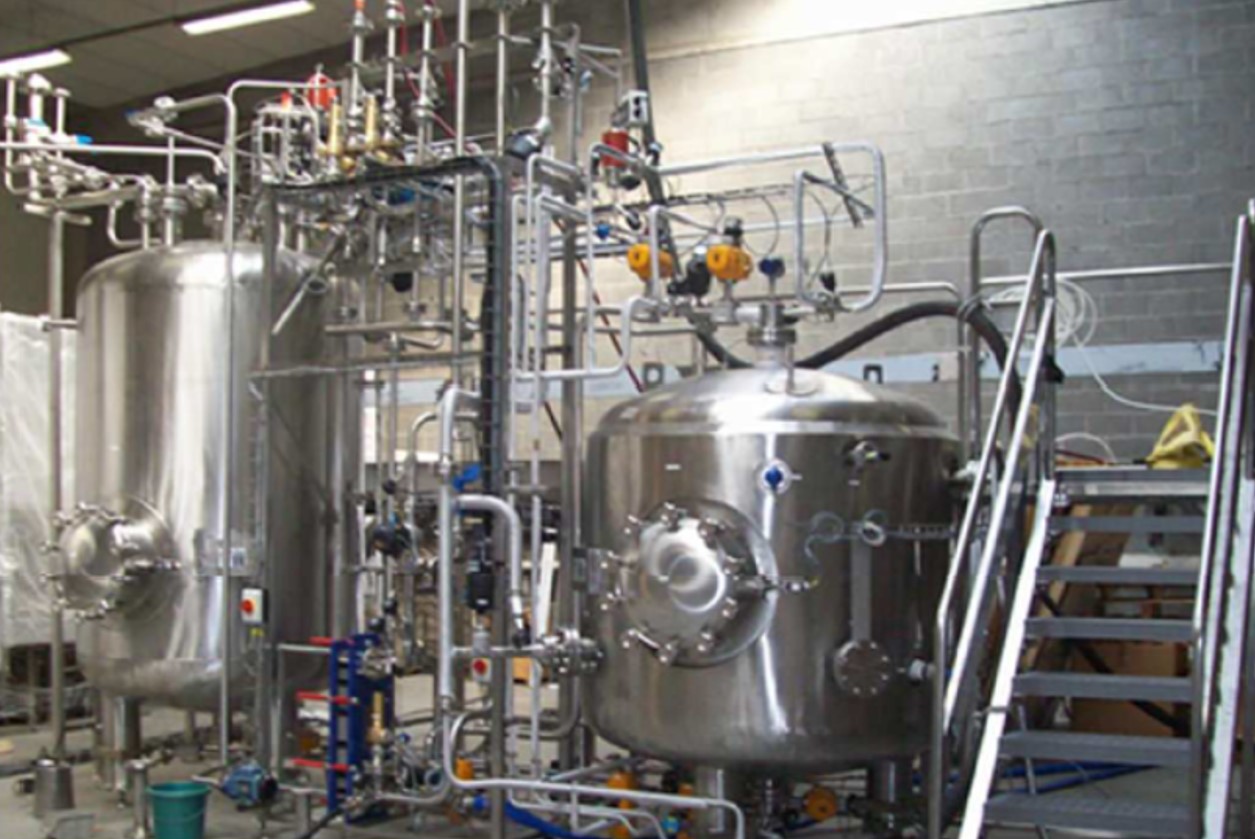
HAZOP - Decontamination Process

GlaxoSmithKline Biologicals S.A. (GSK) researches, develops and manufactures vaccines. Its products are used to tackle global diseases such as rabies, yellow fever rubella and hepatitis B. Currently, GSK represents across the world one of the greatest stakeholders of the pharmaceutical industry.
A hazard and operability study (HAZOP) is a structured and systematic examination of a planned or existing process or operation in order to identify and evaluate problems that may represent risks to personnel or equipment. It is carried out by a multi-disciplinary team (HAZOP team) during a set meetings. The HAZOP technique is qualitative and aims to stimulate the imagination of participants to identify potential hazards and operability problems. Structure and completeness are given by using guideword prompts.
This project aims at performing an Hazop study on a decontamination equipment connected to one production building of the site of GSK at Wavre. This equipment is used to sterilize effluents coming from the production by using a steam-based process. However, in case of steam supply/production breakdown, a back-up mode based on the use of NaOH has been foreseen. The potential risks and hazard linked to the use of this "chemical mode" had at that time not been covered and evaluated. This is why GSK ordered Group-IPS to perform an Hazop study on this decontamination equipment used in the chemical mode.
Principal project data
Risk analysis
Scope IPS
Process Risk analysis (HAZOP study)
IPS operational unit(s)
- IPS Belgium sa

